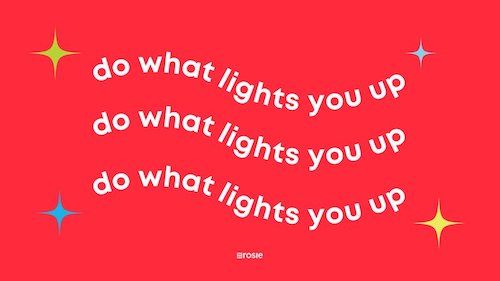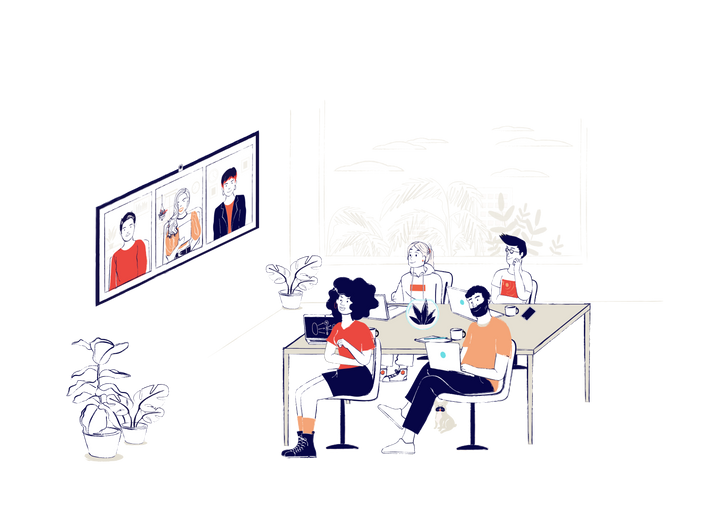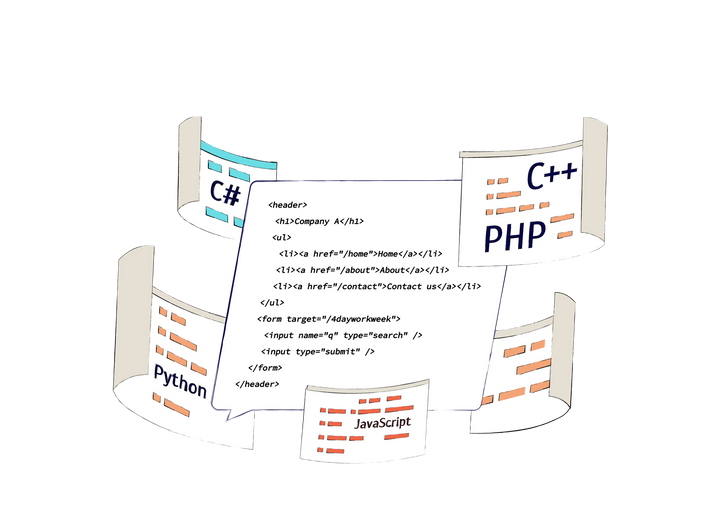An Infusion of Inclusion: A Q&A with We Are Rosie

We Are Rosie is a global marketing services agency that believes that work can be better. Recently, they took the pledge to become a Conscious Company and I had the pleasure of chatting with Jessie Kernan, the Head of Product and Strategy at We Are Rosie. She shared We Are Rosie’s mission to create a better model of work.
Alice: Can you share a bit about We Are Rosie with me?
Jessie: So the best place to start with We Are Rosie is that we are from birth, a mission-driven organization. Steph [We Are Rosie Founder] had a career in media sales predominantly, and she kind of lived through the lack of flexibility and inclusion and just humanity of that industry and the sort of adjacent industry of marketing services. Additionally, having grown up in a very diverse household in a very diverse city—experiencing the sort of life as the daughter of a Palestinian refugee and a Nebraska born farm girl—she had a front-row seat to how different people are treated differently in life. And the combination of experiencing that in her professional life and experiencing that in her personal life led her to want to do something different, to make a mark on the world in a way that was starting at the essence of where change can be most effective, which is work.
There was this great opportunity to sort of form the bridge between this amazing work that the brands needed to be done and the talent that was available, willing, able, capable of doing it, but maybe not getting the same opportunity at it. So, we’re here to sort of serve the future of work, in effect, to actually manifest the future of work for this industry and beyond.
A: It’s so interesting how you talk about it being a sort of partnership for both people, in that the talent are getting the opportunity to access these markets. But also brands are getting to think outside the six agencies they normally go to, the six viewpoints they normally go to.
J: Yeah, absolutely. And if you think about the type of talent in particular that needs to work in a different way, like, this was the unlock moment, right? It is mothers or other caregivers. It is people who may have a physical disability and can’t go to an office environment. It’s people who perhaps have social anxiety or other mental health related needs that a physical office environment or traditional job situation doesn’t support it. People who are transitioning genders, it’s people who have gone through a traumatic experience in the workplace.
It’s all of these people, and that is the diverse population that we so want and need to be part of our workforce in order to do the most amazing, creative, innovative, productive, prosperous work. But they have to be able to work in a different way in order to contribute because otherwise it doesn’t work for their lives. And then later on to that what we’ve all seen through Covid, as an example. We’ve been so geography based for so long, right?
The physical workplace has demanded that we look at talent only within a radius of a physical work environment. And when you blow that up, you get access to all the people who maybe want to live near an aging parent or just want a slower pace of life for their kids. And so we offer all of that in our model. It’s flexible work. It’s remote work. But it is definitely high caliber, highly-skilled marketing work. That is what big brands need. It’s just people needing to work in a different way.
So we are an infusion of inclusion.
A: What do you think is stopping other agencies and other sorts of models of work from achieving this sort of diversity?
J: I mean, we hear the word tossed around all the time: systemic. But I think a lot of times it gets mistaken as a systemic mental block that people aren’t willing, or people are fearful of change. The truth is that we have to unwind everything that has been stitched into the fabric of work. It’s the physical place that we work. It’s requiring the nine to five. It’s the way that we evaluate performance. We are hours fixated, as opposed to value fixated. We talk a lot about the resume, but it’s actually a record of privilege. What is on your resume is your title history, whether you are privileged enough to go to a great school, whether you are privileged enough to have gotten that great internship, whether you were in a privileged class that got looked at for promotions and big projects more commonly than others.

A: I think it’s kind of interesting that what you’re saying ties into the wider conversation about anti work that’s going on at the moment. I’m not sure if you’ve seen much of this on social media, but every day I log on to Twitter, people are just like, I hate work.
J: I just saw somebody the other day say something like work was the worst invention ever. I see the numbers of people who are just saying, you know what? Screw this for a while. I’m not going to do the work thing anymore. They’re quitting in record numbers and they don’t have a plan. We’re here ready to scoop them all up and embrace them into our world. But I think we’ve just reached this point of collective burnout, and not just because of the amount of work and the pace of work. But because we’ve been trying to continue all of this work in a modern context, but in an outdated system, that tension is felt every day by people.
A: How would you want the future of work to look?
J: We do have sort of a vision at We Are Rosie, that someone would wake up in the morning and open up their phone, or whatever apparatus we’re using at that point in time, and it would have understood them in all of their dimensions, the things that they do for personal passion but also the kinds of projects that they’ve worked on and so forth, and that they would have a rundown of choices that they could make for what they were going to do next.
And that might be that they are going to pick up a short, two week, high-intensity project, or they’re ready for a twelve month contract, but at 20 hours a week. And those opportunities flow to those individuals in a way that allows them to really self manage their career seasons and their professional rhythms. We all go through different chapters of our life. Sometimes we want to work more than other times. But to give people sort of that liberation, to be able to choose for themselves.
Obviously, there’s a long journey ahead to get to something like that. But in the nearer term, we’re talking right now on the Rosie Report about the layered workforce. One of the key evolutions that has to happen now in pursuit of that broader vision is that organizations need to start thinking about the fact that their organizations will work better if they are embracing different kinds of talent strategically rather than assuming the best thing they can have is full time FTEs for everything. Understanding that a real, agile, effective, most productive, shape shifting kind of workforce is going to have a core of full time talent that’s committed on an FTE basis, but also is going to have a flexible layer of long term independent talent and a very flexible, fluctuating layer of, like gig workers on shorter term projects or immediate needs.
A: Do you have any final thoughts that you want to share?
J: The core of our business is in our ability to effectively match talent. So matching talent to opportunity. That’s the nucleus of We Are Rosie. And it’s such a rich and amazing and wonderful privilege to get to do that work. To the point about the resume, we are able to explore what it means to connect talent to opportunity in different dimensions in ways that are not the traditional. Our pride point is creating that opportunity for the people who might have been underrepresented or overlooked in a traditional work setting.
Interested in becoming a Rosie, or hiring Rosies for your next project? Find out more at We Are Rosie ->




